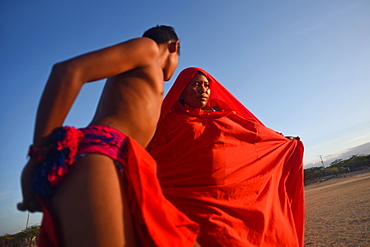Results
3 results found
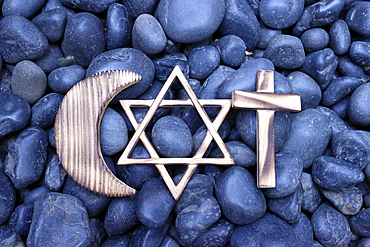
Christianity, Islam and Judaism symbols, three monotheistic religions, Jewish Star of David, Christian Cross and Muslim Crescent, Indonesia
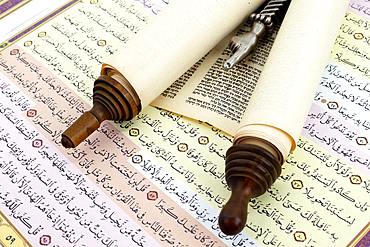
Torah scrolls in Hebrew, Yad and Quran in Arabic, relationship between Muslims and Jews, interfaith peace concept, France
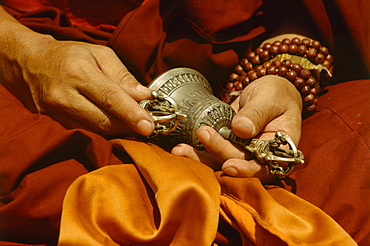
Tantric ritual impliments of, on right hand is (drilbubell on left is dorje, symbolizing male female principle, skillful means wisdom

Xavante race. race is really a race at, it’s a ceremony, an aesthetic event. Xavante nonplused by notions of winning losing. logs carried by team, representing oppositions that xavante believe go to make up universe. running of logs expresses dynamic tension between opposing principles. purpose of ceremonies to stress that these antithesis need tear world apart. Opposing be controlled to complement each other create equilibrium harmony. Brazil
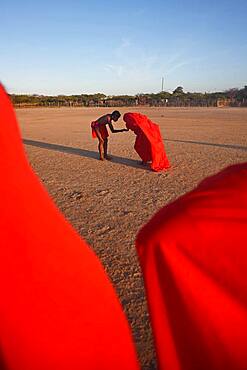
Yonna dance, also called Chichamaya, carries a considerable symbolic charge for the Wayuu indigenous people of Colombia, representing three basic principles for this tribal group: Social equality, collective solidarity and the improvement of relations between the human being and the Cosmos.
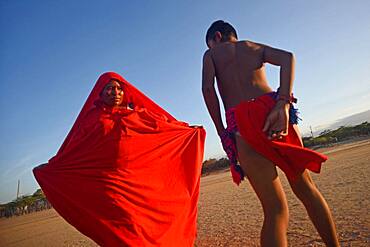
Yonna dance, also called Chichamaya, carries a considerable symbolic charge for the Wayuu indigenous people of Colombia, representing three basic principles for this tribal group: Social equality, collective solidarity and the improvement of relations between the human being and the Cosmos.

Yonna dance, also called Chichamaya, carries a considerable symbolic charge for the Wayuu indigenous people of Colombia, representing three basic principles for this tribal group: Social equality, collective solidarity and the improvement of relations between the human being and the Cosmos.
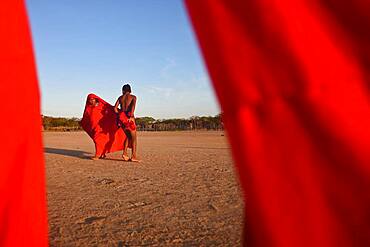
Yonna dance, also called Chichamaya, carries a considerable symbolic charge for the Wayuu indigenous people of Colombia, representing three basic principles for this tribal group: Social equality, collective solidarity and the improvement of relations between the human being and the Cosmos.
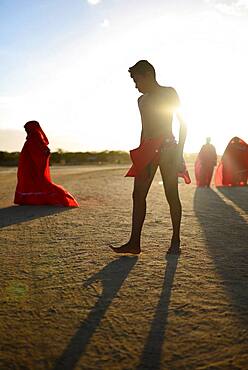
Yonna dance, also called Chichamaya, carries a considerable symbolic charge for the Wayuu indigenous people of Colombia, representing three basic principles for this tribal group: Social equality, collective solidarity and the improvement of relations between the human being and the Cosmos.

Yonna dance, also called Chichamaya, carries a considerable symbolic charge for the Wayuu indigenous people of Colombia, representing three basic principles for this tribal group: Social equality, collective solidarity and the improvement of relations between the human being and the Cosmos.
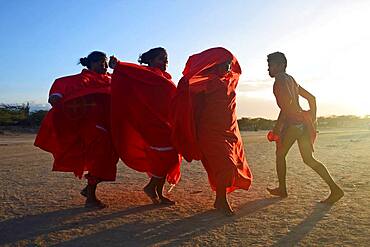
Yonna dance, also called Chichamaya, carries a considerable symbolic charge for the Wayuu indigenous people of Colombia, representing three basic principles for this tribal group: Social equality, collective solidarity and the improvement of relations between the human being and the Cosmos.
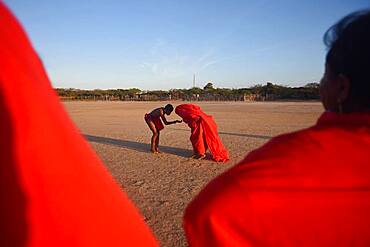
Yonna dance, also called Chichamaya, carries a considerable symbolic charge for the Wayuu indigenous people of Colombia, representing three basic principles for this tribal group: Social equality, collective solidarity and the improvement of relations between the human being and the Cosmos.
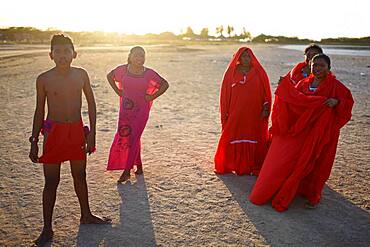
Yonna dance, also called Chichamaya, carries a considerable symbolic charge for the Wayuu indigenous people of Colombia, representing three basic principles for this tribal group: Social equality, collective solidarity and the improvement of relations between the human being and the Cosmos.
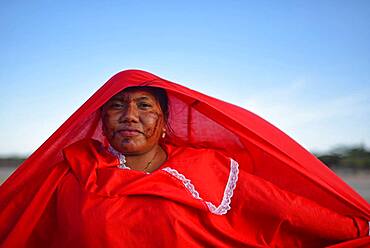
Yonna dance, also called Chichamaya, carries a considerable symbolic charge for the Wayuu indigenous people of Colombia, representing three basic principles for this tribal group: Social equality, collective solidarity and the improvement of relations between the human being and the Cosmos.
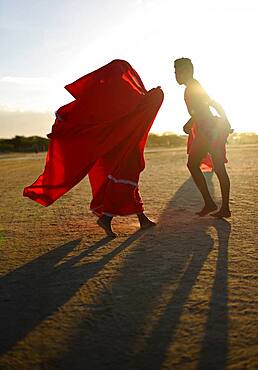
Yonna dance, also called Chichamaya, carries a considerable symbolic charge for the Wayuu indigenous people of Colombia, representing three basic principles for this tribal group: Social equality, collective solidarity and the improvement of relations between the human being and the Cosmos.
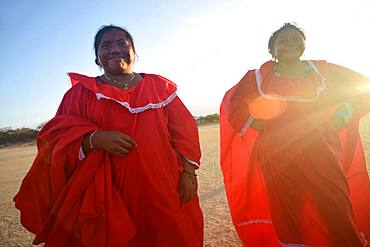
Yonna dance, also called Chichamaya, carries a considerable symbolic charge for the Wayuu indigenous people of Colombia, representing three basic principles for this tribal group: Social equality, collective solidarity and the improvement of relations between the human being and the Cosmos.
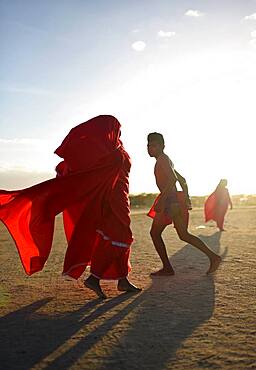
Yonna dance, also called Chichamaya, carries a considerable symbolic charge for the Wayuu indigenous people of Colombia, representing three basic principles for this tribal group: Social equality, collective solidarity and the improvement of relations between the human being and the Cosmos.

